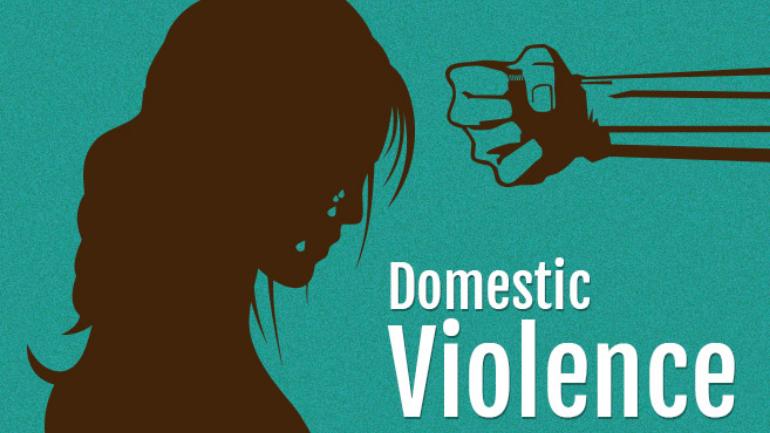Domestic violence is a pervasive issue that affects individuals and families across all demographics, and Orange County is no exception. Navigating the complexities of domestic violence cases can be daunting for both victims seeking protection and defendants facing allegations. Understanding the legal framework, available resources, and the emotional landscape surrounding these cases is crucial for all parties involved. This comprehensive guide aims to illuminate the pathways through which victims can seek safety and support while also addressing the rights and responsibilities of defendants in the legal process. From understanding restraining orders to exploring community resources and legal representation options, this article will provide essential information tailored to the unique dynamics of Orange County. It will also highlight the importance of trauma-informed practices and the role of local advocacy organizations in supporting victims. By fostering a deeper understanding of the intricacies of domestic violence cases, this guide seeks to empower individuals to make informed decisions during a profoundly challenging time, ultimately promoting a more just and supportive environment for all affected. Whether you are navigating these turbulent waters as a victim or a defendant, this guide serves as a crucial resource for understanding your rights and options within the legal landscape of Orange County.
– Understanding legal options in Orange County domestic violence cases.
Victims and defendants facing domestic violence cases in Orange County have access to a variety of legal options designed to address their unique situations. For victims, seeking a restraining order can be an immediate and effective measure to ensure safety from an abusive partner. This legal protection can restrict the abuser’s access to the victim, providing a layer of security while also establishing a legal record of the abuse. Additionally, victims are encouraged to explore local support services, including counseling and advocacy programs, which can offer both emotional support and assistance in navigating the legal process.
For defendants facing domestic violence allegations, understanding their rights and the legal landscape is crucial. They may have the option to contest the charges through legal representation and can access resources such as public defenders or private attorneys experienced in domestic violence law. It is essential for defendants to engage with the legal system proactively to ensure their voices are heard and to explore alternatives to prosecution, if applicable. Engaging in counseling or anger management programs may also positively influence the outcome of their case, demonstrating a commitment to addressing underlying issues.
– Resources available for victims and defendants.
For individuals navigating domestic violence cases in Orange County, a range of resources is available to support both victims and defendants. Victims can access shelters, hotlines, and community organizations that specialize in domestic violence prevention and provide comprehensive services, including legal aid and counseling. These resources aim to empower victims by facilitating their understanding of their rights and options, ensuring they can make informed decisions throughout the legal process.
Defendants facing domestic violence charges also have various resources at their disposal. Legal aid organizations and local bar associations can connect them with attorneys who specialize in criminal defense or domestic violence cases. Additionally, educational materials and workshops can help defendants better understand the judicial process and their rights, enabling them to prepare an effective defense. Engaging with these resources is essential for both parties to navigate the complexities of domestic violence cases in a manner that upholds their rights and fosters a safer community.
– Steps to take during legal proceedings.
During legal proceedings involving domestic violence cases in Orange County, it is crucial for both victims and defendants to understand their rights and responsibilities. Victims should ensure they document all incidents related to the case, including dates, times, and any witnesses who may provide support. Filing for restraining orders may also be a necessary step to ensure their safety during the legal process. Staying in close communication with legal counsel is vital, as attorneys can offer guidance on navigating court appearances, evidence submission, and any protective measures available.
Defendants facing domestic violence cases must actively engage with their legal representation, providing all relevant information to build a robust defense. It is advisable to refrain from discussing the case publicly or on social media to avoid potential repercussions. Attending all scheduled court dates and complying with any court orders, such as no-contact provisions, is essential to demonstrate respect for the legal process. Both parties should seek support networks to cope with the emotional toll of legal proceedings, ensuring they remain focused and informed throughout the journey.
In conclusion, navigating domestic violence cases in Orange County requires a thorough understanding of the legal landscape and available resources for both victims and defendants. It is crucial for those affected by domestic violence to seek help and support, whether through legal representation, counseling services, or community organizations dedicated to addressing these complex issues. By fostering awareness and providing comprehensive resources, we can empower individuals to make informed decisions, facilitate healing, and contribute to a safer environment for all. As we continue to address the challenges associated with domestic violence, it is essential to promote open dialogue and collaboration among stakeholders to ensure justice and support for those impacted by these difficult circumstances.



